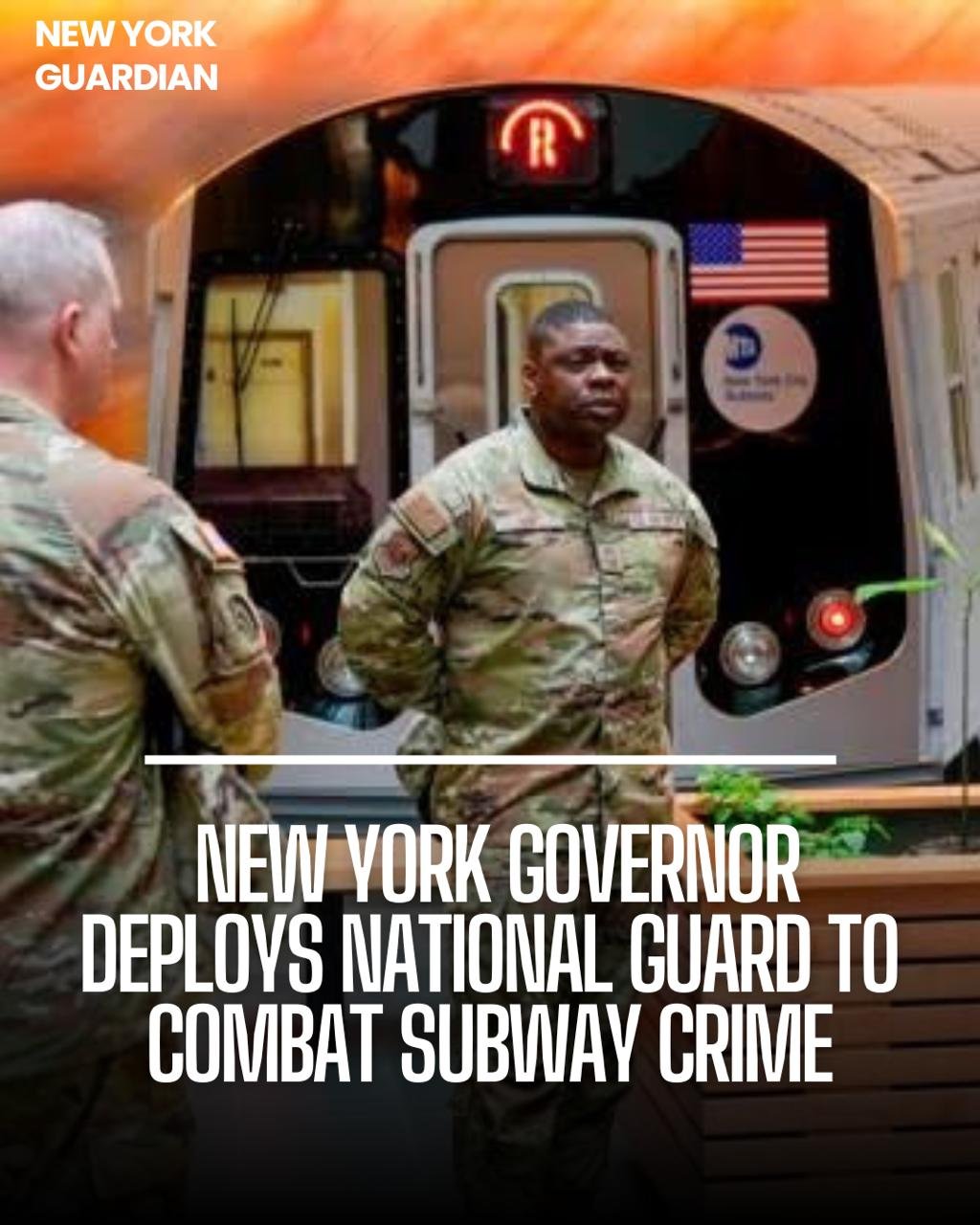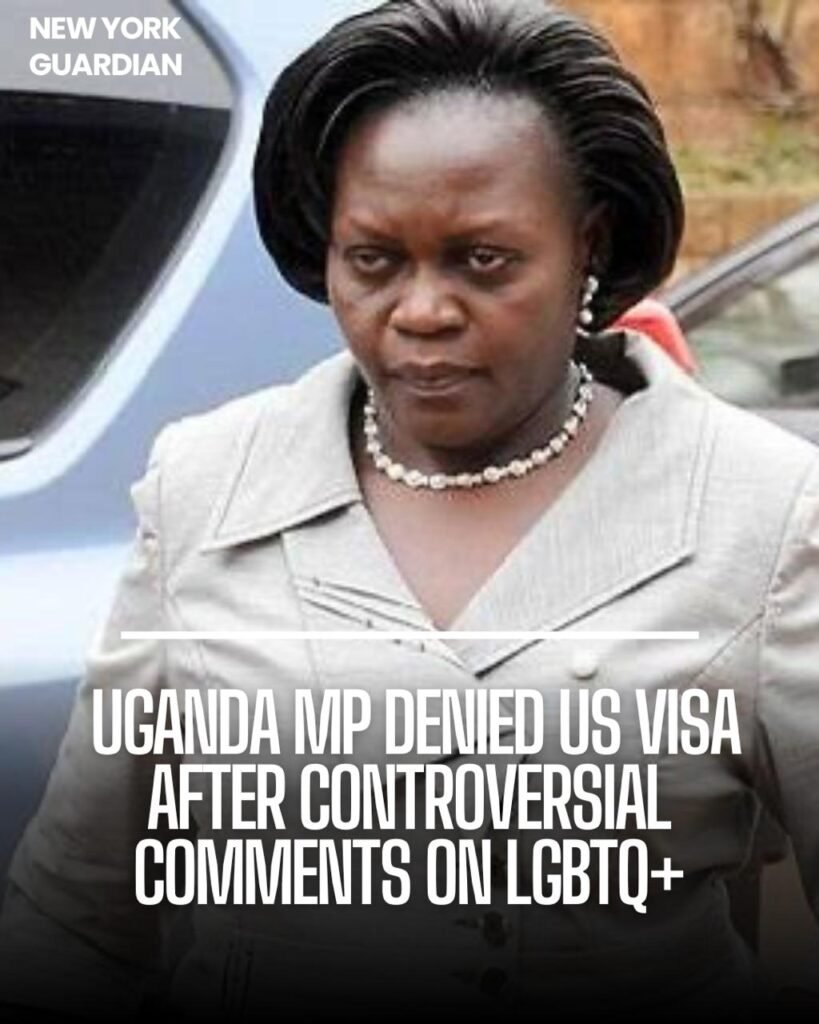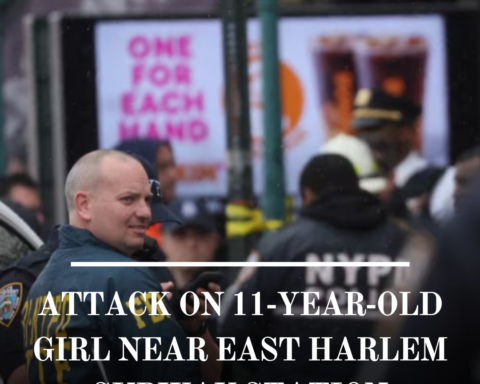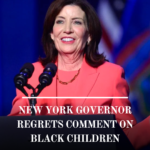Following a series of high-profile offenses in the New York City subway system, Gov. Kathy Hochul revealed plans Wednesday to deploy hundreds of National Guard members to patrol and explore passengers’ bags for weapons at busy train stations.
Deployment of Security Forces
Governor Hochul of New York has announced the deployment of 750 National Guard members and 250 state troopers and police officers from the Metropolitan Transportation Authority to assist city police in conducting bag searches in subway stations.
This initiative aims to enhance security measures and “rid our subways of people who commit crimes and protect all New Yorkers,” Hochul stated during a news conference.
Crime Trends and Public Concern
While New York City Police Department data indicates a decline in crime in recent years following a surge during the COVID-19 pandemic, recent violent incidents in the subway have raised concerns among residents.
Hochul emphasized the importance of ensuring the safety of commuters and transit workers, stating that individuals should not have to fear encountering weapons while using public transportation.
Subway Safety Initiatives
Governor Hochul’s subway safety plan includes legislative proposals such as banning individuals convicted of assaulting subway passengers from trains for three years.
Additionally, cameras have been installed in conductor cabins to protect transit workers. These measures reflect the administration’s commitment to addressing crime and enhancing safety in the subway system.
Political Context and Response
Hochul’s efforts to strengthen public safety come in response to increased focus on crime issues, particularly after Republicans made gains in the state’s congressional races in 2022.
However, the governor’s approach has faced criticism from organizations such as the New York Civil Liberties Union (NYCLU), which characterized it as “policymaking through overreaction and overreach.”
NYCLU Executive Director Donna Lieberman cautioned against reverting to past policing strategies, urging sound policy making that addresses underlying issues rather than reacting to isolated incidents.





















